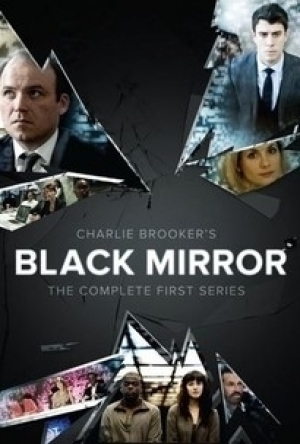The Space Oracle
Book
Astronomy is another form of cinema. Time is fragmented and extended. Matter becomes light in...
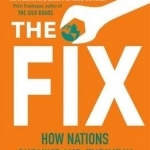
The Fix: How Nations Survive and Thrive in a World in Decline
Book
Longlisted for the FT/McKinsey Business Book of the Year Award 2016 The world's most intractable...

On Such a Full Sea
Book
Lithe and tiny, Fan is a diver at the New China settlement of B-Mor, a worker colony long-ago known...
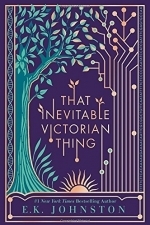
That Inevitable Victorian Thing
Book
Speculative fiction from the acclaimed bestselling author of Exit, Pursued by a Bear and Star Wars:...
Science fiction
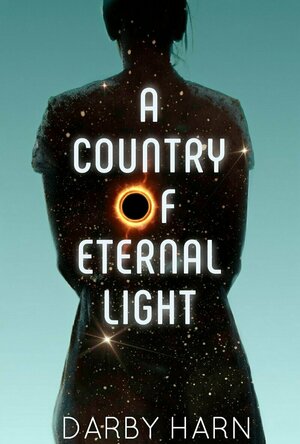
A Country Of Eternal Light
Book
"One of the most beautiful books I've ever read" - Sunyi Dean, author of The Book Eaters A rogue...
Speculative Fiction
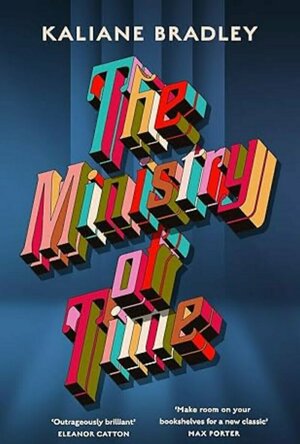
The Ministry of Time
Book
A BOY MEETS A GIRL. THE PAST MEETS THE FUTURE. A FINGER MEETS A TRIGGER. THE BEGINNING MEETS THE...
Speculative fiction Historical fiction time travel
Ross (3284 KP) rated Black Mirror - Season 1 in TV
Jan 8, 2018
The first episode sees the UK prime minister forced into considering an unpleasant act after a ransom demand from a kidnapper. It serves as a good representation of media coverage and their involvement in spreading panic and stoking outrage.
The next episode was a near-future look at a world where some classes of people spend their days on exercise bikes, presumably powering society. They are forced to watch endless hours of a small number of TV shows and are charged a fee to skip pop-up adverts for porn shows. The indictment of where society is headed, including the disposability of talent shows and how much more mandatory watching adverts could become, felt like something of a warning to turn back now!
The final episode revolved around people having the ability to instantaneously rewind and re-view moments of their lives and cast it to TV screens. The story looks at how this plays a part in a man's suspicions over his wife's faithfulness to their marriage. Similar to the previous 2 episodes, it shows that the technology, and people's reliance on it, does not help real life in any way, rather it further fuels suspicion and malcontent.
Three stories about the way the human race is headed told brilliantly.
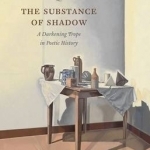
Substance of Shadow: A Darkening Trope in Poetic History
Book
John Hollander, poet and scholar, was a master whose work joined luminous learning and imaginative...
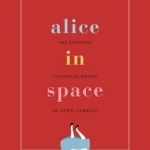
Alice in Space: The Sideways Victorian World of Lewis Carroll
Book
In Alice's Adventures in Wonderland and Through the Looking-Glass, Lewis Carroll created fantastic...

Value Making in International Economic Law and Regulation: Alternative Possibilities
Book
This book examines the contemporary production of economic value in today's financial economies....

